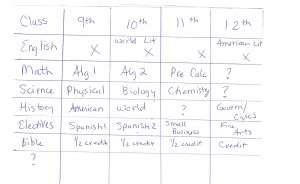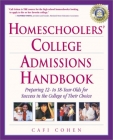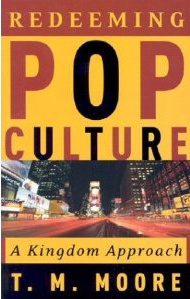One of the huge benefits of reading missionary biographies is that we get to see how God has worked--and is working--around the world. We are able to watch as God uses men and women to transform lives and show His love. We get to wrestle with the difficulty of contextualizing and translating messages. We witness the courage and sacrifice of believers who lay down their lives for their faith and their friends. Our views of what "church" looks like are challenged by vibrant communities of believers who worship God in ways unfamiliar to us. The pressures and assumptions of culture smash against the desire to see people encounter Christ. Missionary biographies--which are included in almost every Sonlight Core--are great because they give us a glimpse of just how big our God is.
A couple days ago my family got to talking about the "Insider Movement" that continues to be a hot topic within the world of missions. I found a brief overview of what is wrong with these ideas dating back to 2006. For the other side, check out the article written earlier this year about the Insider Movement and Discipling the Nations.
I'm not a fan of "missionary dating," but I've heard enough stories from pastors who met Jesus because they were trying to be closer to a girl to think God can't work in pretty bizarre circumstances. I've read enough missionary biographies of women whom God used to transform whole villages to believe that God can't use women to lead. And I wonder: Is the Insider Movement another "crazy" way God is transforming lives?
I am so grateful that I get to be part of a company--and curriculum--that is so committed to sharing the Good News of Christ with those who have never heard...
As you read about how God has worked through missionaries of the past, what are your thoughts on modern missionary efforts?
~Luke Holzmann
Filmmaker, Writer, Empty Nester








